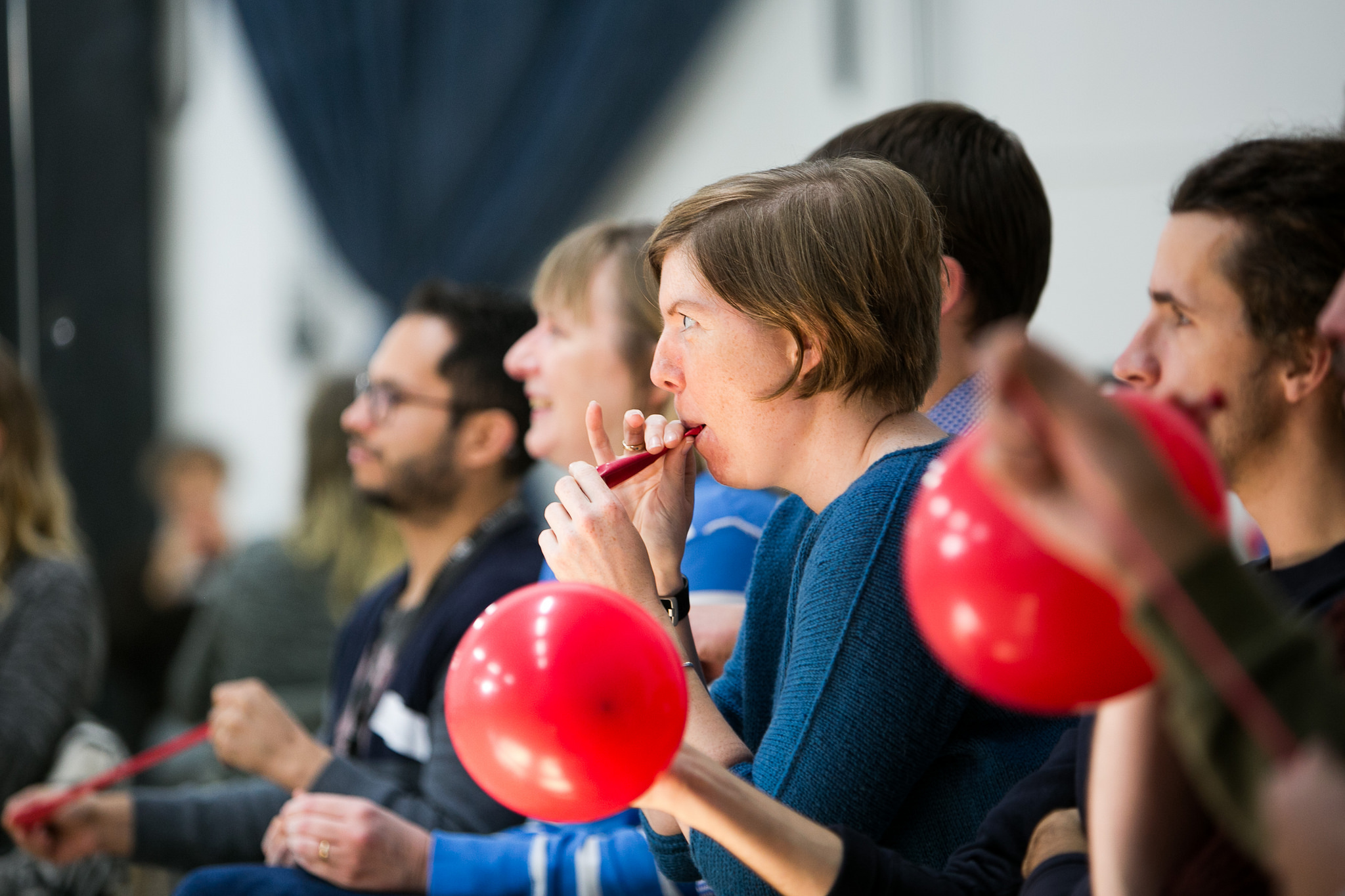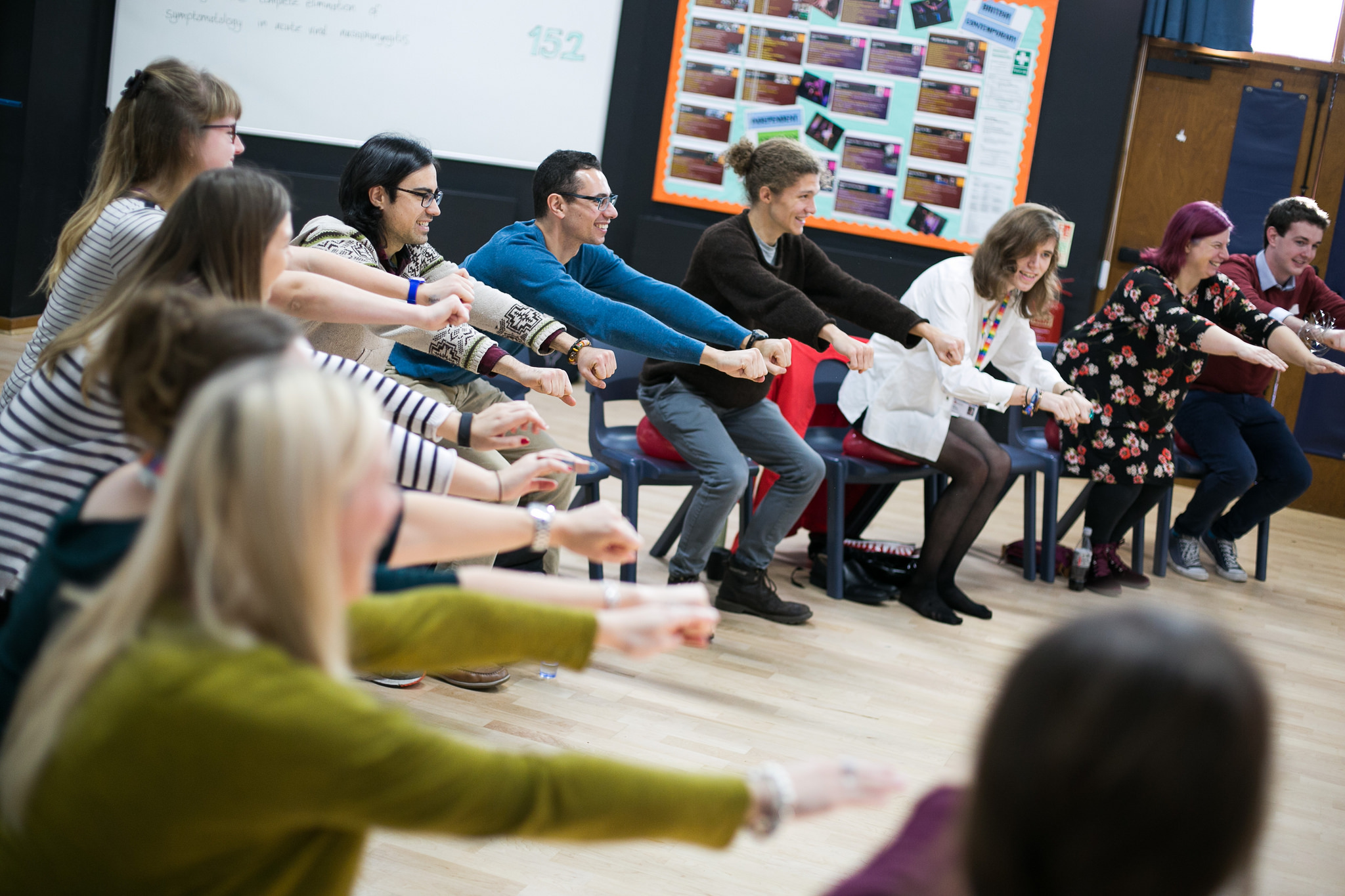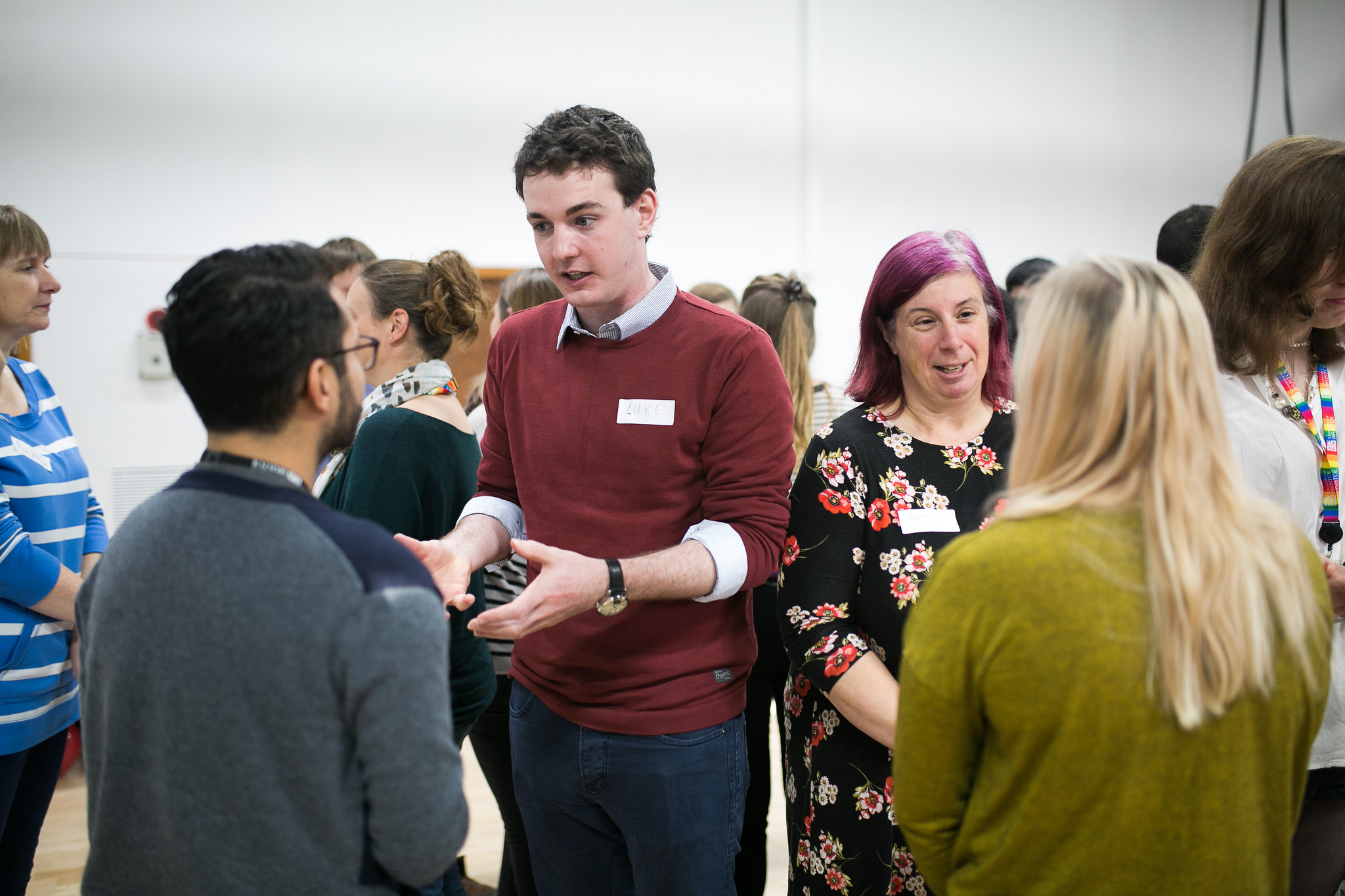The multi-skilled researcher
How to train early career researchers developing cross-disciplinary skills to act in a complex society?
Researchers are facing a set of new challenges in their everyday job: being excellent by developing relevant results with their research wisely combined with good communication abilities and with a clear view of the social challenges and sustainable solutions related to their work. A complex society needs, in fact, a cross-disciplinary approach to tackle issues and solve problems. A complex society seems to demand for a reflexive and multi-skilled researcher. What does this mean both in practice and, consequently, in the way early career researchers are trained? Many European projects are addressing this question and PERFORM is among them proposing a unique and ambitious approach: answering this question from the peculiar perspective of performers, researchers and teachers working together to innovate STEM education embedding the human dimension of research, combining facts and stories, scientific endeavours and social challenges.
Identifying skills
In order to tackle this complex challenge the first step is to identify key skills necessary to be developed so the PERFORM project discussed and identified these skills through three steps during its initial phase: (a) informal conversation with teachers, (b) informal conversation with early career researchers, and (c) a five day knowledge-sharing workshop amongst PERFORM consortium academics, communicators and performers. By gathering ideas from these three sources of information three programmes of trainings, following common guidelines and goals were prototyped in Barcelona, Paris and Bristol. These were subsequently evaluated through a formative and summative evaluation relying both on qualitative and quantitative data, which revealed some interesting aspects for the design of the trainings.
Prototyping new training frameworks
From autumn 2016 to spring 2017, in each of the three countries involved in the project, France, Spain and UK, early career researchers experienced intense trainings structured in two ways: (a) Sessions focusing on different aspects of the RRI paradigm and on science communication methods and practice, in which RRI experts and both performers and science communicators were among the trainers team, (b) Participatory Workshops in schools characterized by discussion sessions with students to listen to their point of views on the relation between research and society, analysed under the lens of key topics related to RRI values. In the three different contexts trainings were developed in a diverse programme of meetings and activities and evaluated through different methods ranging from first hand feedback during the sessions, discussion sessions organized immediately after the sessions, observation by members of the organising or training team using observation sheets, or reflective diaries compiled by the early career researchers.
Although the specific development of the trainings was different in the different countries, it was observed that the cohort model used in Bristol and Barcelona worked really well as it builds trust between researchers and also with trainers so that the conversations and reflection become much more open. It was also noted how really beneficial was to have researchers from different backgrounds as discussions trigger a genuine mutual learning process.
The main results of trainings evaluation showed that the opportunity for early career researchers to meet colleagues from other fields to reflect and discuss on the research process and its impact within society is a unique and rare opportunity highly valuable to them in order to broaden the spectrum of their experience as researchers. The process of bringing together researchers from different fields and engaging them in a collective reflection process appears to the participants even more relevant than the contents of the training themselves. Reflecting on topics that are unusual on their everyday practice was highly valued by researchers, not only to break barriers between science and society but also between researchers’ groups.
The training had the high value and flavour of a team building action beyond being an opportunity to reflect on the RRI values proposed in the sessions.
The evaluation also highlighted the difficulties to implement participatory workshops. During their presence in schools researchers dialoguing with students on social challenges related with research stressed the need for more time to present their own research fields to the students, as well as to better frame their role in the research process. The need to better develop teaching and dialogic skills was also stressed by researchers in order to make their presence in the schools more effective.
The evolving training
Based on these elements new training sessions were developed that started on October 2017 and continued during November 2017. In Autumn 2017 the PERFORM project offered PhD students and junior postdocs in science a unique opportunity to participate in a bespoke training programme covering Responsible Research and Innovation, science communication and performance all aiming at acknowledging possible ways to bridge one’s own commitment as a citizen with scientific endeavour in Spain and UK. A range of experts, from philosophers of science to science performers, were invited to contribute to these trainings, which focused on sharing the human dimension of research. This refers to the possibility for scientists to engage with citizens, sharing practices and values that characterise scientific activity: collaborative work, critical thinking, constructive dialogue and questioning of established theories. The training sessions combined theoretical with practical approaches to encourage researchers to critically consider scientific practice and develop skills to communicate this way of thinking to secondary school students.
Alongside training, researchers are now experiencing a new opportunity to put their skills into practice by participating in PERFORM workshops in secondary schools as ‘scientific experts’ to support students in developing and performing their own scientific performances about science and technology. Some workshops just happened in Spain in January 2018 conducted by The Big Van: Científicos Sobre Ruedas, who are sharing their expertise in ‘stand-up comedy’ as partners of the project.
This combined process of training and experience in schools is a unique opportunity that the PERFORM project provides to develop research-related engagement practices, share insights and reflections with experts and students from a diversity of disciplines and contexts, and to improve not only communication skills to non-academic audiences but also reflexivity process.
The same process will increasingly involve and get feedback from teachers in secondary schools who were also involved in the preliminary training sessions and with whom the process will increasingly be developed during 2018.
The final aim of the trainings is to produce toolkits that universities and other research bodies can use, adapt or be inspired by to train early career researchers. During the PERFORM final conference in June 14 – 15 in Paris there will be the opportunity to learn about the process who will lead to the final version of the toolkits in October 2018.



